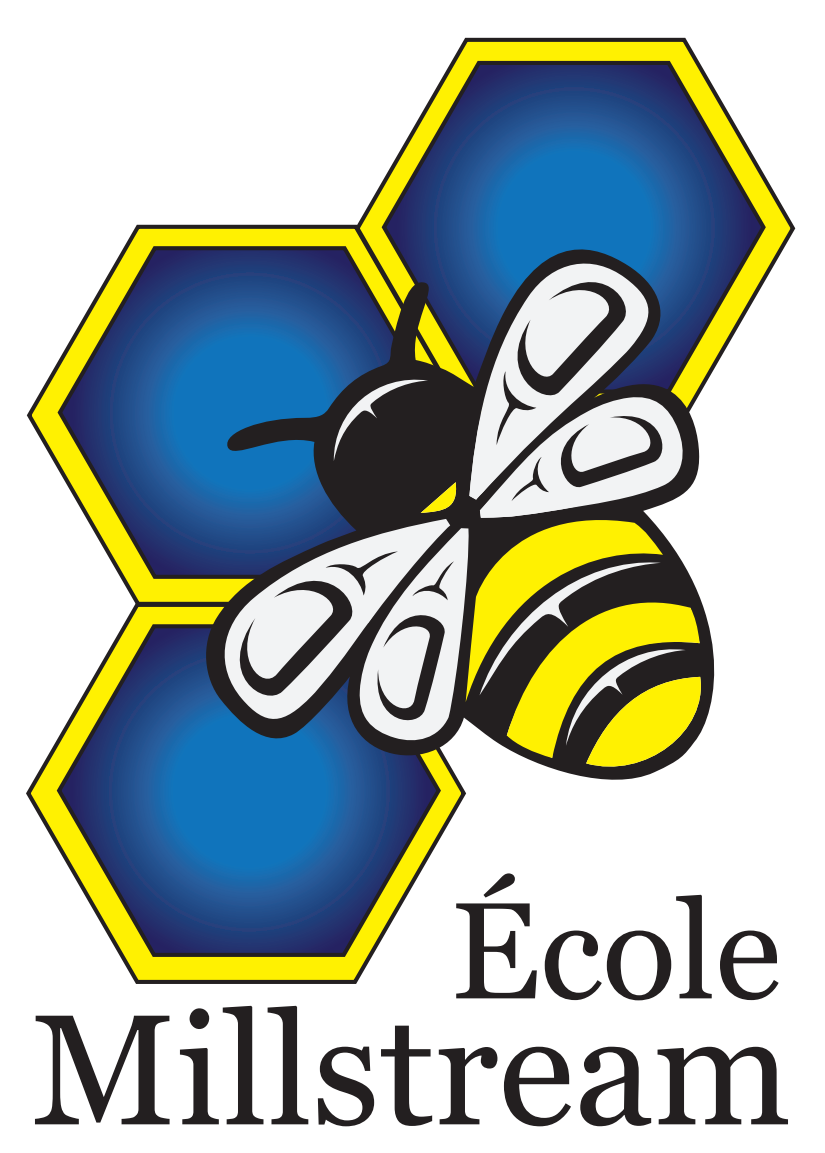Student Services
Services | Sooke School District
Services team provides a wide range of support to assist schools, teachers and families in providing programs for students with diverse learning needs. If you feel that your child may have a diverse learning need and could use support, please contact your child’s classroom teacher.Identification, assessment and planning begin in the classroom. The first step begins with the classroom teacher making daily observations regarding the learning, behaviour and social interactions of the student. Existing information about the student is obtained from parents or guardians and school records. In the classroom, the teacher uses a variety of observational techniques; collects work samples, and keeps records of the student’s progress. The teacher may also administer teacher made criteria-referenced tests based on the curriculum and goals of instruction.
The primary role of the School Based Team (SBT) in the assessment process is to ensure that referrals are necessary and appropriate. The SBT can assist classroom teachers with ideas and support in adapting curriculum or classroom instructional alternatives to accommodate a wide range of students. Referrals for additional assessment through the learning assistance program are prioritized. Last, if further information is required, a recommendation for a referral for psycho-educational assessment services can be made. The SBT Team may assign one person; usually the learning assistance or integration support teacher, to coordinate the referral process.
School Psychology
The Sooke School District employs school psychologists to support our student assessment process. The main purpose of this process is to provide recommendations for improving the student’s instructional program. Through the collection and interpretation of data, a plan is developed to provide intervention techniques that focus on the student’s individual strengths and needs. This process can also provide a basis for systems planning and application of resources.
Curriculum Coordinators
Curriculum Co-ordinators help with program development and work with multi-disciplinary school team members to make recommendations for student programming. They are often called to observe students in their school and classroom setting in order to help plan adaptations and/or modifications and make recommendations concerning behaviour, classroom strategies and assessments.
Itinerant Support Teachers
Vision
Students with visual impairments include those students whose visual impairment results in such a substantial educational disability that they require services from a qualified teacher of the visually impaired. These students are commonly referred to as blind, legally blind, low vision, or cortically visually impaired. They typically have visual acuity of 20/70 or less in the best eye after correction, or a visual field of 120 degrees or less, or any progressive eye disease. All students who have visual impairments require a school case manager and the development of an Individual Education Plan (IEP). Itinerant staff can assist with the IEP process.
Deaf and Hard of Hearing
Students identified with a significant hearing loss may require services from an itinerant teacher. These teachers liaise directly with Capital Regional District (CRD) Senior Audiologists and government department heads, in addition to, District Co-ordinators and District Administrators. The teacher may work jointly with VIHA audiologists to prioritize and assign district sound fields to those students with hearing losses that do not meet ministry criteria as students who are Deaf and Hard of Hearing. All students who are Deaf and Hard of Hearing require a school case manager and the development of an IEP. Itinerant staff can assist with the IEP process.
Occupational Therapy (OT)
Support for students who are physically disabled/developmentally delayed include accessibility, promoting development in activities of daily living such as feeding, dressing, grooming and toiletting, splinting and enhancing community living skills.
OT services are also concerned with encouraging the development of an environment of acceptance where students can experience success while developing self-esteem.
OT support is provided for students with, but not limited to:
- mild motor difficulties, sensory-motor dysfunction, visual-motor integration or motor planning
- Acquired Brain Injury
- Autism Spectrum Disorders and other syndromes.
Physical Therapy
Physiotherapists provide services to promote the quality of gross-motor function and posture and to develop age-appropriate motor skills. Concerned with preventing and/or controlling joint deformities and postural deviations, they promote safe, independent mobility and provide and assist in the use of splints, orthotics, and prosthetic devices.
Speech-Language Pathologist Therapy
Students whose education is adversely affected by communication difficulties may use assistance from a Speech-Language Pathologist. Speech or language difficulties may occur in any segment of the school population. They may occur in relative isolation from other special education considerations but are often associated with other disabilities such as pervasive developmental delays, autism, physical handicaps and sensory impairments. Speech-Language Pathologists provide assessment, planning and treatment for students requiring support with speech, voice, fluency, language and the use of augmentative systems.
- Students in Grades K-3: assessment, review, direct therapy, consultation, homework programs.
- Students in Grades 4-12: assessment, review, consultation, homework programs.
